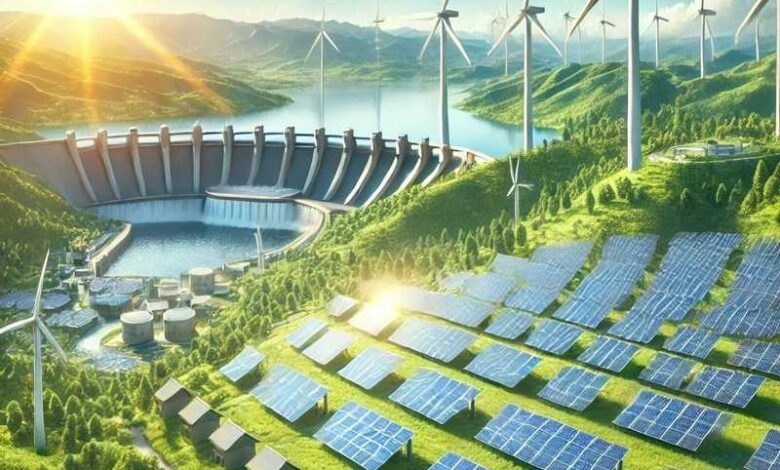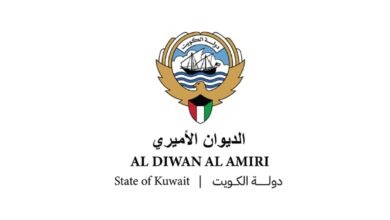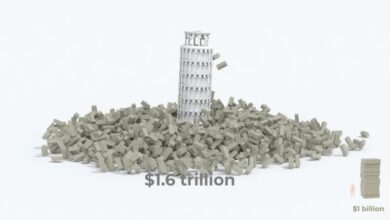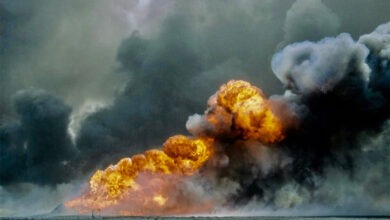
The Arabian Gulf Business Insight website reported that the current oil price is lower than what Gulf countries require for their budgets. As the New Year is expected to conclude with prices at $74 per barrel of Brent, Saudi Arabia and Kuwait may face moderate financial deficits, while the UAE, Qatar, and Oman are likely to record modest financial surpluses.
The website stated in a recent report that despite the decline in oil revenues, Gulf budgets will still generate enough funds to avoid significant deficits and support economic growth. The drop in oil revenues is also expected to drive economic and financial reforms, prompting a review of spending.
The report added that Gulf energy policies have opportunities to maximize oil and gas revenues by continuing to develop and reform the traditional oil sector, while also expanding new energy projects and related businesses, both within the Gulf countries and through their foreign investments.
The report questioned whether it is possible to achieve all of this while remaining cautious about the current economic and political risks that were largely avoided in 2024 and have not yet disappeared. It pointed out that oil demand appears tepid again this year, despite the International Energy Agency boosting its estimates for oil production and prices in its latest report weeks ago.
Influencing Factors
The report stressed that the most prominent factors influencing oil production and demand lie in China. Its weak economy and the rapid adoption of electric cars and trucks running on natural gas seem to have contributed to increasing the growth in demand for clean electricity. It indicated that finally reaching the right path to moderate oil production growth would help prevent higher-cost competition for production.
Moreover with the Chinese market becoming increasingly saturated with oil, the shift to other Asian markets, especially India, is becoming more important. The Gulf countries have big plans to produce more gas and, to the same extent, have long-term strategies for generating clean energy such as solar energy and hydrogen. This shift is happening alongside the growing demand for electricity, driven by strong population growth in the region.
Renewable Energy Projects
The report indicated that battery storage and other less traditional renewable sources, such as thermal energy, are gaining increasing importance in the Gulf countries. It explained that the performance of clean and renewable energy will be enhanced in the future, but in order to avoid a repeat of the large-scale energy crisis in 2008, gas-fired power, renewable energy, and perhaps nuclear energy and carbon storage must be incorporated into the Gulf energy mix. This strategic diversification could position the Gulf countries as central players in the emerging and thriving renewable energy sector.
A Historic and Comprehensive Solution
The Arabian Gulf Business Insight report highlighted that with its vast landmass, easy operational procedures, abundant capital, and exceptionally low-cost renewable energy, the Gulf States are an excellent place to produce energy using and adopting AI technologies.
The report concluded that ambitious strategic clean energy projects could position the Gulf countries as central players in the renewable energy sector. These initiatives offer a historic and comprehensive solution for the region, reducing its dependence on oil for energy production.
Source: Al Qabas













